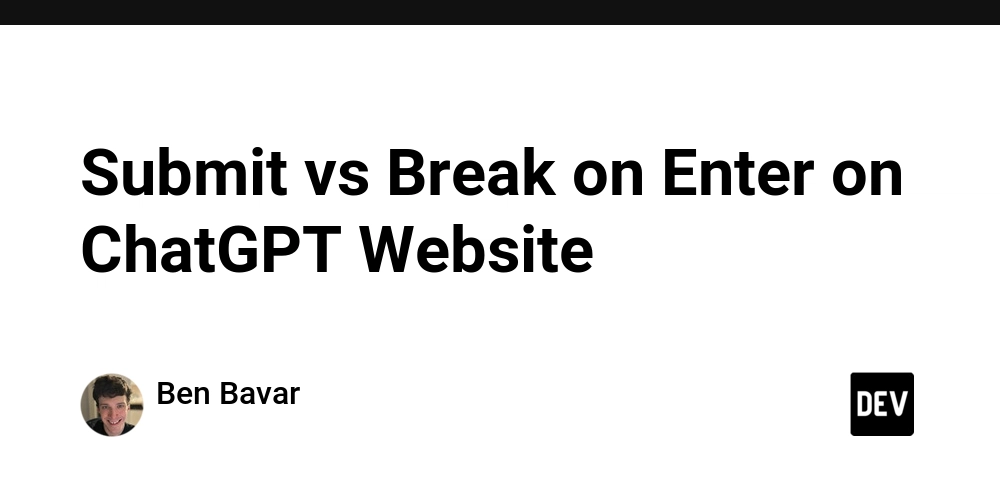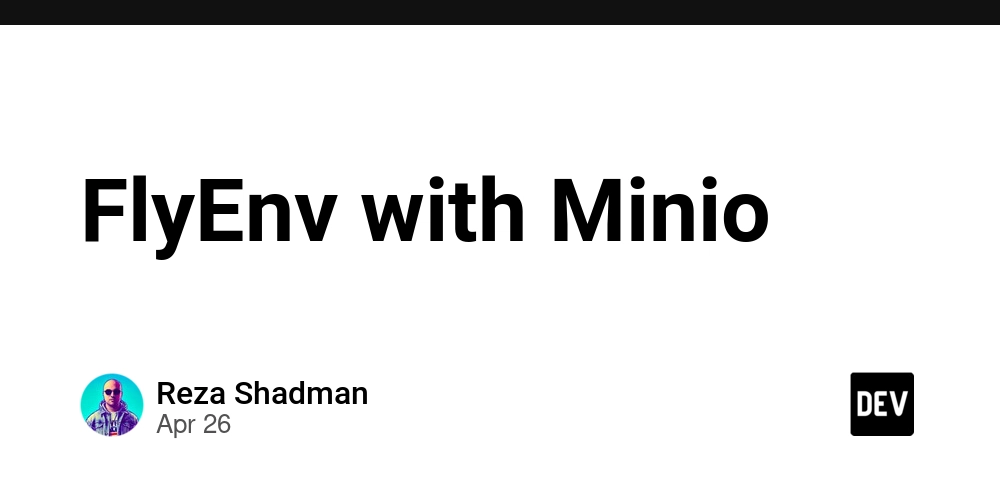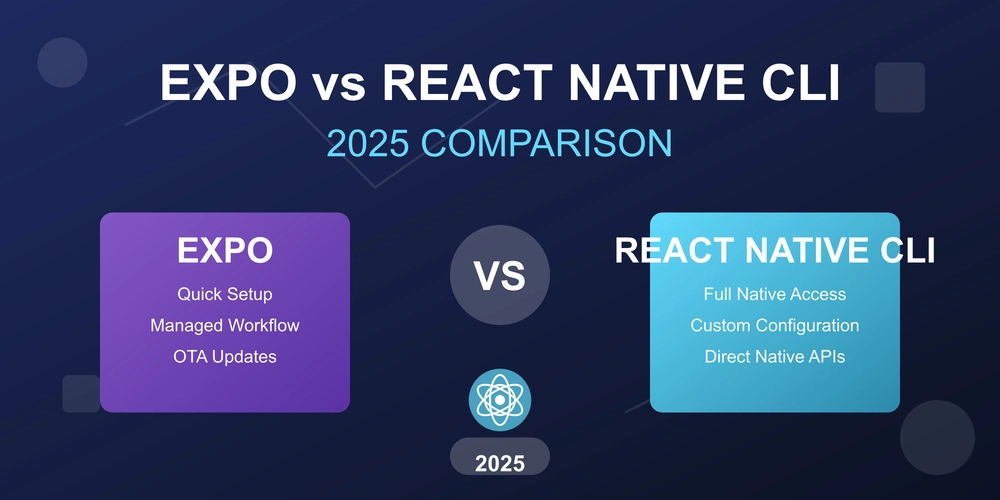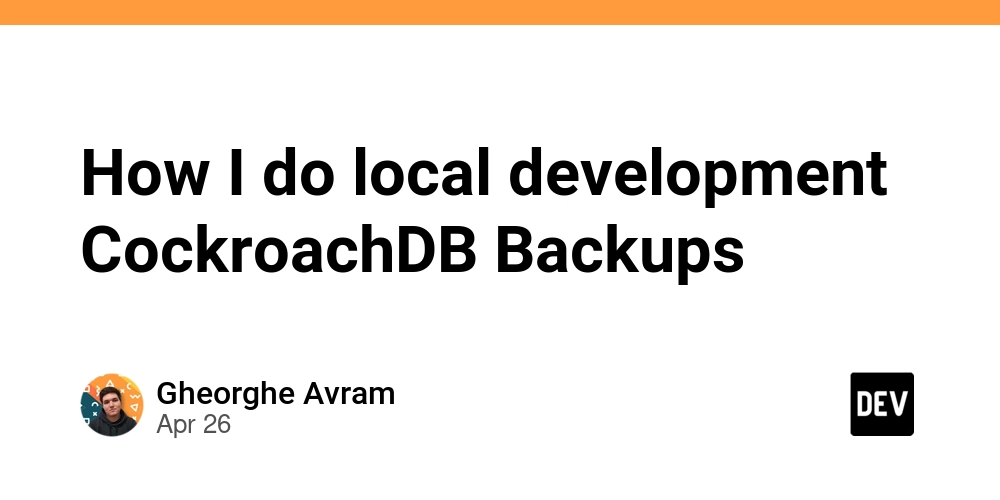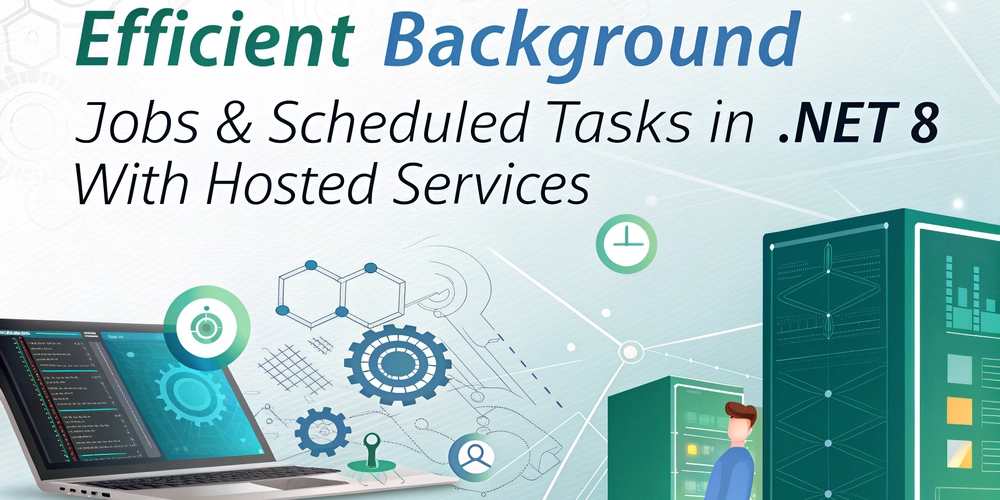
Simplify Your Workflow: Build Lightweight Installers with This Easy Method
Are you struggling with cumbersome installers that take forever to download and install? Fed up with complex DevOps pipelines that drain your resources? There's a better way! Build unbelievably lightweight installers and streamline your entire workflow using a simple, effective method.
Ditch the Bloat: Why Lightweight Installers Matter
Bulky installers and convoluted DevOps affect everything.
- Slow download times frustrate users: Nobody wants to wait an hour to start using your software.
- Increased storage costs eat into your budget: Massive installers consume valuable server space.
- Complex DevOps pipelines lead to errors: Simplify your process for greater reliability.
- Improved User Experience: Focus on providing value, not making users wait.
Lightweight installers offer a faster, more reliable, and cost-effective solution. Optimize your DevOps Pipeline, simplify Software Installation, and reduce Software Deployment times.
The Secret Sauce: A Step-by-Step Guide
Building a lightweight installer requires a strategic approach focusing on efficiency. Here's how:
- Analyze Dependencies: Identify the absolute minimum dependencies required for your application to run. Eliminate unnecessary libraries.
- Optimize Assets: Compress images, minify JavaScript and CSS files, and remove any redundant assets. Smaller files lead to a smaller installer.
- Leverage Package Managers: Utilize package managers like npm, pip, or NuGet to handle dependencies dynamically during installation, minimizing the installer size.
- Create a Minimal Installer: Use a tool like NSIS or Inno Setup to create a streamlined installer that only includes essential files and installation instructions.
- Implement Delta Updates: For future updates, only deliver the changes, not the entire application, significantly reducing download sizes.
Following these steps will give you a streamlined Software Installation.
Real-World Example: Streamlining a Python Application Deployment
Imagine deploying a Python application. Instead of packaging the entire Python interpreter and all dependencies into a single massive installer, leverage pip. Create a requirements.txt file listing only the necessary packages. During installation, the installer uses pip to download and install those packages, resulting in a vastly smaller installer footprint.
The Bottom Line: Simpler is Better
Building lightweight installers isn't just about reducing file size; it's about optimizing the entire DevOps Pipeline for speed, efficiency, and user satisfaction. By embracing a minimalist approach, you'll save time, money, and frustration, ultimately delivering a better experience to your users. Make Software Deployment easy. Start building lightweight installers today!









